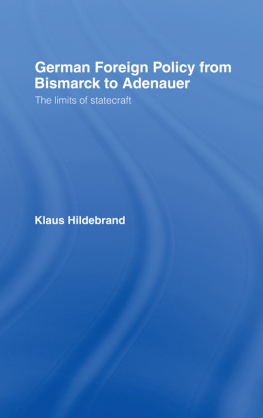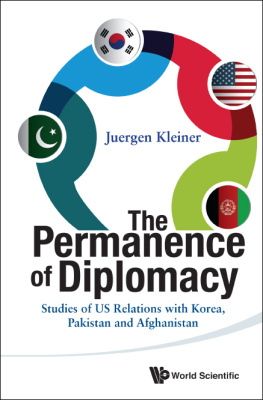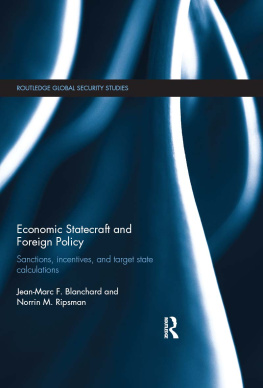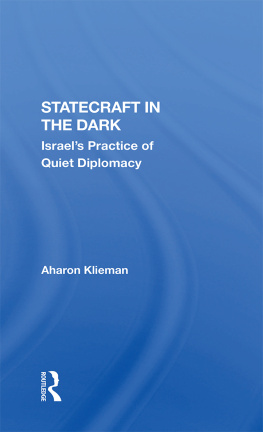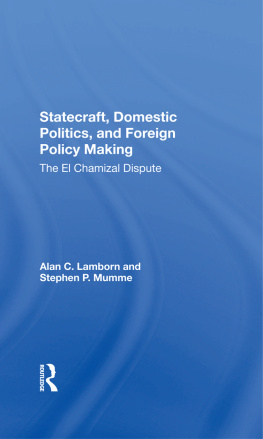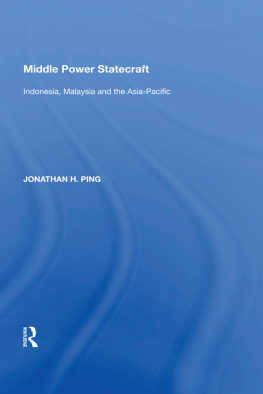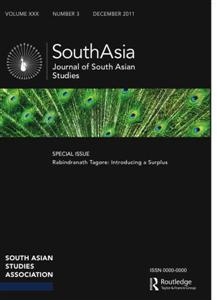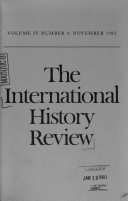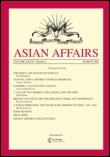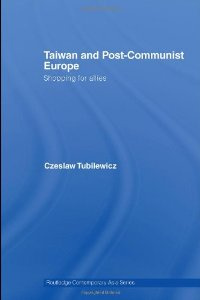Britain and the Indo-Pakistani Conflict: The Rann of Kutch and Kashmir, 1965
DOI: 10.1080/03086530903157664
Dr Jonathan Colman
pages 465-482
Available online: 04 Sep 2009
The Journal of Imperial and Commonwealth History
Volume 37, Issue 3, 2009
Abstract
Britain mediated successfully in the Indo-Pakistani clash over the Rann of Kutch region in spring 1965, but when hostilities broke out over Kashmir soon afterwards, 10 Downing Street managed to alienate New Delhi with what was supposed to be an even-handed statement. The Indian government seemed to feel that the Labour government had violated some kind of historic special obligation to them, and the Anglo-Indian relationship was damaged. For his part Prime Minister Harold Wilson condemned the pro-Pakistani faction in the Commonwealth Relations Office responsible for drafting the statement, although he had been warned of the likely consequences. Eventually, the Soviet Union, operating through the United Nations, mediated an end to the war. The article draws upon British government documents to fill a gap in the literature, and it ends with a few reflections on Britain's decline as demonstrated by the failure to end the conflict over Kashmir in 1965.
After decolonisation and partition in 1947 under the Labour government of Clement Attlee, India and Pakistan developed somewhat divergent relationships with London. The ties between the Conservative governments of 195164 and India undoubtedly had some positive features, such as Britain's position as India's largest trading partner and military supplier, the provision of economic aid, and diplomatic cooperation at the Geneva conference over Indochina in 1954. However, New Delhi strove at the same time to expand its influence through non-alignment and disdained the British entry into the Southeast Asia Treaty Organisation (SEATO) and the Central Treaty Organisation (CENTO) or Baghdad Pact, both of which it saw as destabilising. Similarly, Indian policy-makers had serious reservations about London's close connection with Washington, whose bipolar Cold War policies clashed with the concept of non-alignment. Pakistan, for its part, alternated between military and democratic rule and on occasions displayed neutralist tendencies, but was generally a closer ally than was India not least because of Karachi's membership of SEATO and CENTO. Broadly speaking, British policy aims during the 1950s were to maintain influence in India and Pakistan to use the ties to bolster British influence in relation to the United States, and to inhibit the growth of Soviet and Communist Chinese influence on the subcontinent.
London also had a concern about preserving stability between India and Pakistan after the ferocious fighting of 194748, but in 1965 there were two further bouts of hostilities. The first was in April, in the long-disputed Rann of Kutch region. The recently-elected Labour government under Harold Wilson intervened and, to its credit, played an important role in ending the fighting. The peace proved short-lived, though. In August the Pakistanis, emboldened by their military performance in the Rann, began infiltrating troops into Kashmir, another disputed region, with the intention of fomenting an uprising against Indian rule. India responded by launching an armoured thrust through Pakistani territory, in an effort to stem the infiltration. These clashes were on a much larger scale than those in the Rann. London, fearing the escalation of the war, responded with a public statement condemning both sides for their actions. India took particular offence to the statement, given the Pakistani role in initiating the conflict. New Delhi had anticipated that a Labour government would be more sympathetic to Indian policies than the Conservatives had been, but the belief that London was a de facto supporter of the Pakistanis in the war now made it impossible for Britain to act as an effective mediator. It was the Soviet Union, operating through the United Nations, that succeeded in bringing the dispute to an end early in 1966. The two sides agreed to withdraw their forces and to restore relations. Meanwhile, Britain and India entered into a more hard-headed and pragmatic relationship, free of any belief in special ties between the Labour government and New Delhi.
The fighting between India and Pakistan in 1965 took place between members of the British Commonwealth and had the potential to cause serious instability in South Asia, but the British dimension to what went on has generated relatively little coverage. For example, Victoria Schofield's survey text Kashmir in Conflict: India, Pakistan and the Unfinished War (2000) provides a discussion of the British role in the Rann but leaves out London's policy towards the war over Kashmir. Alastair Lamb's book, Kashmir: A Disputed Legacy, 18461990 (1991), is a useful long-term survey of the Kashmir question and includes an account of the 1965 war, but it is mainly from the Indian and Pakistani viewpoints and does not have the benefit of British government documents. Clive Ponting's Breach of Promise: Labour in Power, 19641970 (1989) does not discuss British policy towards the conflict between India and Pakistan in 1965, nor do most general surveys of British foreign relations, such as David Reynolds's Britannia Overruled: British Policy and World Power in the Twentieth Century (1991). John W. Young's The Labour Governments 19641970: International Policy (2003) draws upon British government documents to examine British policy toward the disputes, but only briefly.
Thus, there is ample scope for a fuller exploration of British policies towards the conflict between India and Pakistan over the Rann of Kutch and Kashmir in 1965. This article draws upon files from the National Archives in Kew, Surrey, including documents from the Prime Minister's Office, the Dominions Office and the Foreign Office. Use is made of selected US government papers, along with memoirs and secondary sources. The article first examines British intervention in the Rann of Kutch dispute, and then addresses London's involvement in the war over Kashmir. The mediation over the Rann of Kutch was effective and laudable, but it was too much to expect a repeat performance in relation to Kashmir, given that the circumstances were significantly different and that more was at stake for the parties concerned. It is argued that the 6 September statement was a catalyst rather than a cause of the readjustment of the Anglo-Indian relationship to a cooler and more pragmatic one. Furthermore, the limits of Britain's international influence, as revealed by the failed efforts to moderate the war over Kashmir, are placed in the context of the country's apparent decline in the era of the Wilson governments, 196470.
In 1965 the first major worry for British diplomats in relation to the subcontinent was the Rann of Kutch issue. The Rann was a 7,000-square-mile territory situated at the end of the India-West Pakistan frontier on the Arabian Sea. It was submerged with the onset of the rains between May and October, and for the rest of the year it presented a hard, flat surface of stone, shingle and salt. The area was, as a Commonwealth Relations Office (CRO) diplomat pointed out, virtually uninhabited and, as far as is known, has no economic value, apart from some grazing.
Throughout the 1965 Rann of Kutch crisis there was a good deal of confusion among outside observers about precisely what was going on, making it difficult to assess who was most to blame. As Chester Bowles, the US ambassador to India suggested, the fight started by accident as in [the] case of two small boys pushing each other on [sic] playground after school.


